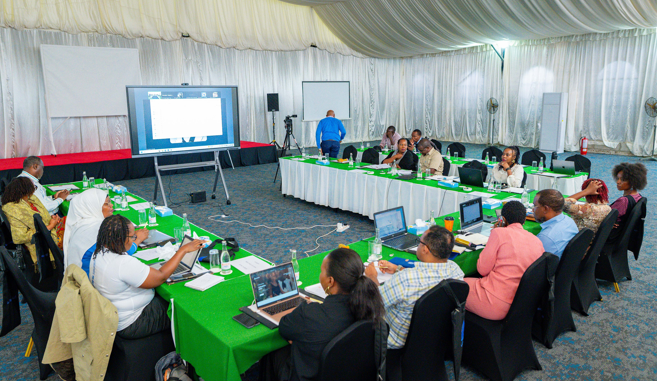Maritime stakeholders drawn from across Africa convened in Mombasa physically and virtually to mark World Oceans Day with a renewed call for inclusive participation, indigenous knowledge, and policy reform in the governance of the Blue Economy sector.
The high-level roundtable, hosted by the Kilindini Campaign, brought together representatives from multiple countries, including Ghana, as well as regional actors from civil society, academia, and the private sector to deliberate on the theme "Our Ocean, Our Future: Protecting Blue Economies Through Collective Action." Kilindini Campaign convener Tandai Mtana challenged African nations to set their agenda for the ocean as a strategic frontier for sustainable trade, environmental stewardship, and socio-economic development. "As people on the western edge of the Indian Ocean, and as Africans globally, we must move from being observers to becoming active players in defining the future of our oceans," said Mtana, adding: "We are at a point of maturity where Africa can and must lead with its priorities for ocean governance." He emphasised that ocean-related discussions must go beyond port cities and beach tourism to include inland communities and marginalised voices. "The question is how we take this conversation to the next level, reaching communities up to 60 kilometres inland and ensuring they see themselves not just as observers but as participants and stewards of the marine ecosystem," he said.
He further noted that despite policy commitments, many communities remain disconnected from the decision-making and benefits of the Blue Economy. "There has been limited real engagement by shoreline and inland communities.
Without education and empowerment, public participation will remain a procedural box-tick instead of genuine involvement," stated Mtana.

